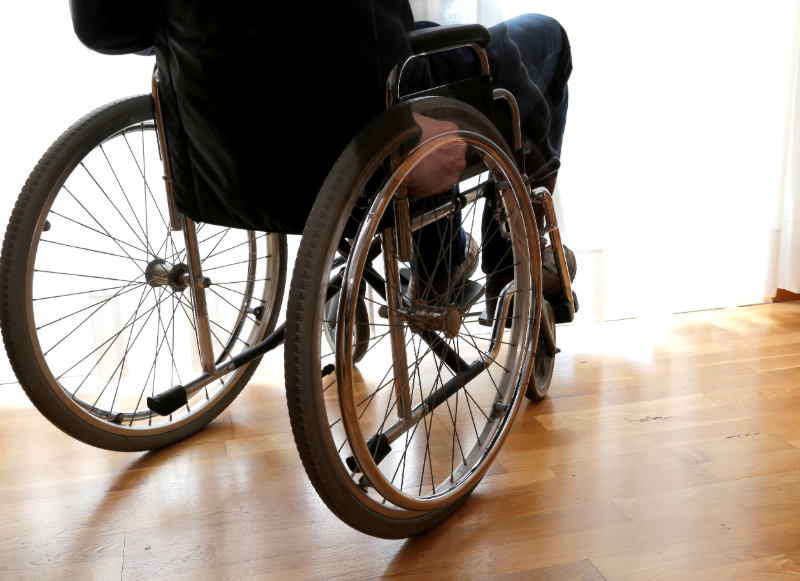On 13 July, UK-based pharmaceutical company Clinigen announced that the FDA had granted orphan drug designation to its anti-cancer drug Proleukin (aldesleukin) for the treatment of amyotrophic lateral sclerosis (ALS). Proleukin is currently indicated for the treatment of adults with metastatic renal cell carcinoma (mRCC) and the prevention of metastatic melanoma. It is a recombinant analogue of the endogenous cytokine interleukin (IL)-2 that has been assessed in ALS clinical studies for its immuno-regulatory role when administrated in low doses. Research has shown that it enhances regulatory T-cell (Treg) function, which shuts down the excessive immune response in auto-inflammatory conditions. Given that neuroinflammation is involved in ALS pathogenesis, aldesleukin has been studied for slowing ALS disease progression.
According to GlobalData, Clinigen is currently investigating aldesleukin in eight ongoing and three planned clinical trials in various therapy areas across the US and EU in an effort to explore the drug’s modulatory effects on Tregs in conditions such as multiple sclerosis, ulcerative colitis, systemic lupus erythematosus, and type 1 diabetes. Clinigen acquired the US rights to Proleukin from Novartis in a $210M divestiture deal in early 2019. This new orphan drug status will allow Clinigen to revitalise Proleukin by exploring its potential to enter new therapy areas with significant unmet needs such as ALS. Additionally, Clinigen will capitalise on the incentives offered by the orphan drug status, including seven years of marketing exclusivity following its launch in the US, a partial tax credit for clinical trial costs, and fee waivers.
The efficacy and safety of aldesleukin is being assessed in an ongoing, randomised, double-blind, placebo-controlled, Phase II clinical trial (MIROCALS) that is taking place in France and the UK. The trial is expected to be completed in Q3 2021. Patients are given repeated five-day cycles of low dose aldesleukin subcutaneously every four weeks for 18 months. Previous studies have shown that aldesleukin is well tolerated and immunologically effective in participants with ALS, which encouraged further clinical investigation into its therapeutic impact on slowing ALS progression. The trial design also aims to explore the effectiveness of recently identified disease biomarkers and the development of future blood or spinal fluid biomarkers that could address a pressing unmet need and obstacle toward ALS drug development.
Other major unmet needs remain in the ALS treatment space due to the lack of curative drugs that can halt or delay disease progression. However, Clinigen’s new orphan drug designation will encourage more companies to invest in ALS clinical trials and to uncover new drugs that could prolong the ALS patient survival. As such, there are significant remaining opportunities for pharmaceutical companies to target this major unmet need in the near future.

US Tariffs are shifting - will you react or anticipate?
Don’t let policy changes catch you off guard. Stay proactive with real-time data and expert analysis.
By GlobalData




